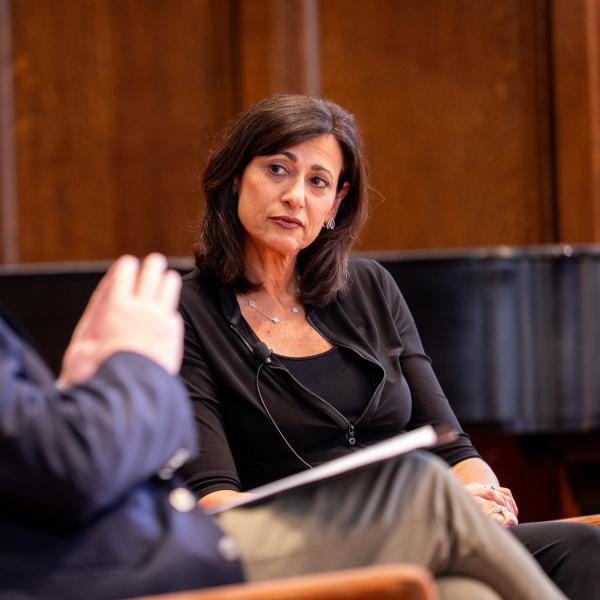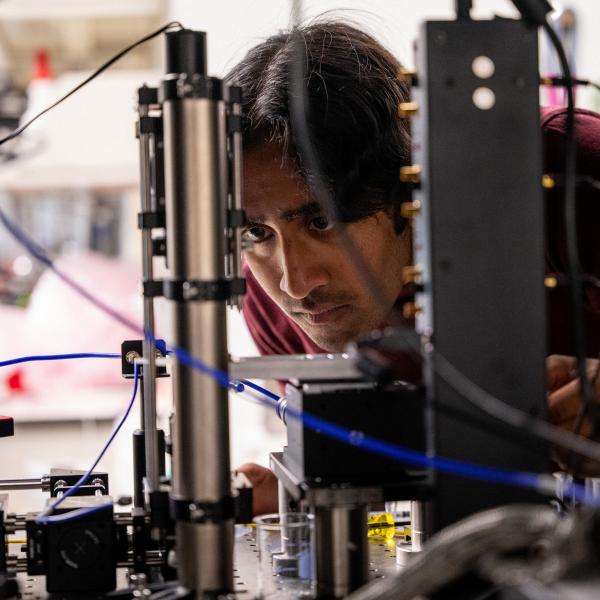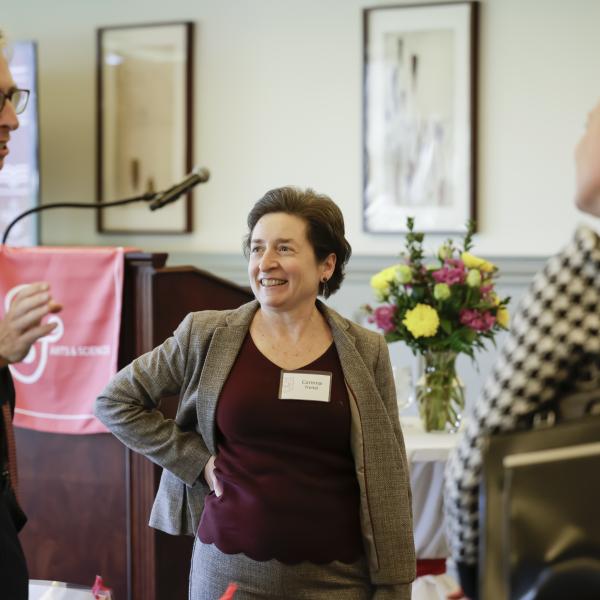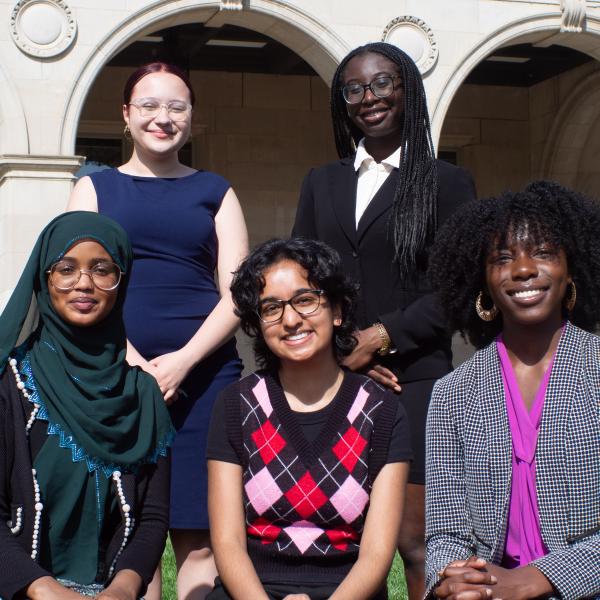This month, researchers in Arts & Sciences received awards from NASA, the U.S. Department of Energy, and the National Science Foundation.
A team led by Raymond E. Arvidson, the James S. McDonnell Distinguished University Professor of Earth and planetary sciences, was chosen by NASA to continue to archive and distribute digital data related to the study of the surfaces and interiors of terrestrial planetary bodies. Washington University has managed the Geosciences Node of NASA’s Planetary Data System (PDS) since the program’s inception, working directly with NASA missions to help them generate well-documented, permanent data archives related to geology, geophysics, surface properties, and tectonics of planets. The five-year renewal agreement with NASA has a value to the university projected at $11.8 million. Read more from the Source.
Arpita Bose, associate professor of biology, was awarded the Anant Fellowship for Climate Action, a unique one-year immersive global program for climate change solutionaries. Read more from the Department of Biology.
Jeffrey Catalano, professor of Earth and planetary sciences, won a three-year, $2.25 million award from the Office of Basic Energy Sciences at the U.S. Department of Energy. The award supports geochemistry research on elements and minerals essential for the production of electric vehicles, cell phones, computers, and a range of other items important to the U.S. economy. Read more from the Ampersand.
Ryan Bogdan, associate professor in the Department of Psychological and Brain Sciences, and Arpana Agrawal, professor of psychiatry at the WashU School of Medicine, were awarded a $1.97 million grant by the National Institutes of Health for their project titled "Neurobehavioral Pathways of Polygenic and Polyenvironmental Effects on the Onset and Maintenance of Substance Involvement."
A team led by Li Yang, professor of physics, received a four-year $1.8 million grant from the National Science Foundation for a collaborative project to identify new quantum materials, which could lead to technological innovations. Read more from the Source.
Rebecca Treiman, the Burke & Elizabeth High Baker Professor of Child Development in Arts & Sciences, was awarded $338,625 by the National Science Foundation for a project on learning statistical orthographic patterns in disyllabic English words and using them in reading and spelling.
Lori Markson, associate professor of psychological and brain sciences, won a three-year, $308,701 grant from the National Science Foundation to support collaborative research on trust across diverse contexts in early childhood.
Sarah Anderson, a postdoctoral research associate in Petra Levin’s lab in the Department of Biology, won the National Institutes of Health's Ruth L. Kirschstein National Research Service Award. The three-year fellowship is valued at $201,946 and aims to enhance the research training of promising postdoctoral candidates.
Matthew Kerr, professor of mathematics and statistics, received a $164,784 grant from the National Science Foundation for a project titled "Asymptotic Hodge Theory, Fibered Motives, and Algebraic Cycles."
Sarah Paul, a university fellow in the Department of Psychological and Brain Sciences, was awarded $118,908 by the National Institutes of Health to support her project titled "Trajectories of Alcohol Involvement from Middle Childhood to Early Adulthood: A Multimodal Investigation."
Hani Zaher, associate professor of biology, received a $110,580 grant from the National Institutes of Health to purchase a fluorescence-activated cell sorter, which will be housed in the Zaher lab. The new award supplements Zaher’s ongoing project titled "The Role of the Ribosome in Determining the Fate of Damaged mRNA."
Madelyn Frumkin, a university fellow in the Department of Psychological and Brain Sciences, received a $46,036 grant from the National Institute of Mental Health for a project titled "Personalized Models of Depression and Chronic Pain."
Jackson Colvett, a university fellow in the Department of Psychological and Brain Sciences, won a 2021 Graduate Conference Award from the Psychonomic Society. The award supports research that furthers the Psychonomic Society's mission to foster the science of cognition through the advancement and communication of basic research in experimental psychology and allied sciences.
Did we miss something? Contact Shawn Ballard, communications specialist in Arts & Sciences.



